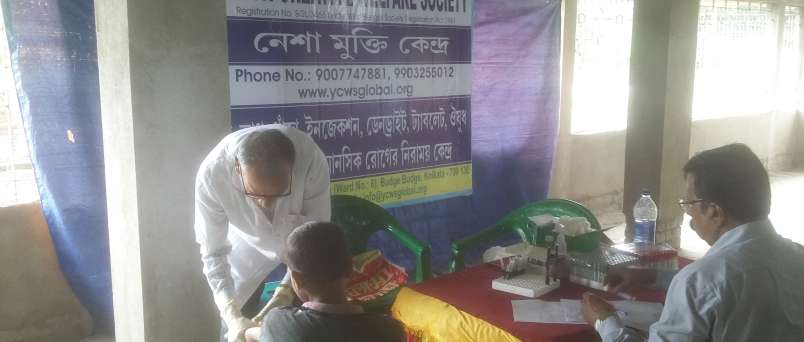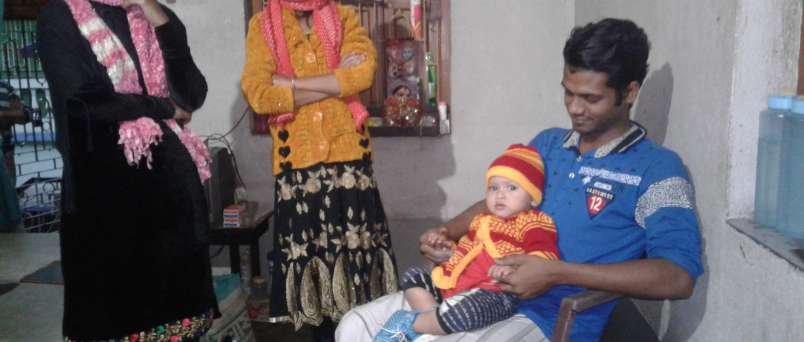Preparing the individual to transition back into their daily life and responsibilities.
Offering ongoing support and follow-up to address challenges and prevent relapse.
It’s important to note that addiction treatment should be tailored to each individual’s needs, and not everyone will go through these phases in the same way or order. Additionally, the journey to recovery is ongoing, and post-treatment support plays a crucial role in maintaining sobriety and promoting long-term well-being.
Collaborating with the individual to develop a comprehensive aftercare plan to support their continued recovery.
Referral to outpatient treatment, support groups (e.g., 12-step programs), therapists, and community resources.
Incorporating holistic approaches such as art therapy, music therapy, yoga, meditation, and mindfulness to promote overall well-being.
Encouraging healthy outlets for emotions and stress.
Family therapy to address dysfunctional dynamics, educate loved ones about addiction, and enhance communication.
Rebuilding supportive family relationships to provide a strong foundation for recovery.
Psychoeducation on addiction, its effects on the body and mind, and the recovery process.
Learning coping strategies, stress management techniques, and relapse prevention skills.
Life skills training to prepare individuals for reintegration into society.

A medically supervised process to safely manage withdrawal symptoms as the body eliminates the substance(s) from the system.
Medical professionals monitor the individual’s physical and psychological well-being and may provide medications to alleviate withdrawal symptoms.
Focus on helping the individual attain physical and psychological stability post-detox.
Addressing any medical or psychiatric issues that may have arisen during detox.
Introducing the individual to the treatment environment and program structure.
Individual and group therapy sessions to address the underlying causes of addiction, develop coping skills, and prevent relapse.
Cognitive Behavioral Therapy (CBT), Dialectical Behavior Therapy (DBT), motivational interviewing, and other evidence-based approaches.
Addressing co-occurring mental health disorders through integrated treatment.

Comprehensive assessment of the individual’s physical, psychological, and social well-being.
Gathering information about the extent of addiction, medical history, co-occurring disorders, and personal circumstances.
Developing an individualized treatment plan based on the assessment.
